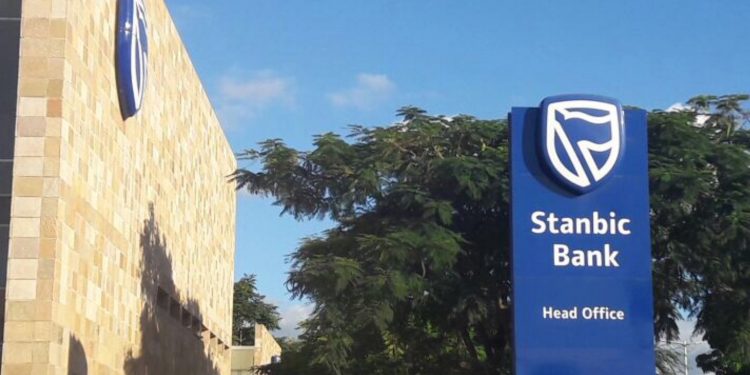Kenya’s business environment exhibited robust growth in February 2024, as evidenced by the Stanbic Purchasing Managers’ Index (PMI) rising to 51.3 from 49.8 in January.
This marked the first time since August last year that the PMI surpassed the neutral 50.0 mark, signaling an expansion in business conditions and reaching its highest level in over a year.
The country has been consistently progressing economically, with the World Bank acknowledging Kenya’s political and economic reforms as significant contributors to growth, social advancement, and political stability.
Despite global challenges such as disrupted supply chains, inflationary pressures, and a depreciating Shilling, Kenya’s economy achieved a growth rate of 5.9% in Q3’2023, and an expected growth rate of 5.0% in 2024, up from 4.8% in 2022, according to the World Economic Outlook.
The PMI serves as a crucial gauge of the manufacturing sector’s economic vitality, with readings above 50 indicating expansion.
February’s increase in PMI was propelled by enhancements across all five sub-components, with the Output sub-index recording the most significant surge, indicating a moderate expansion in private sector activity.
Factors such as reduced inflationary pressures due to lower fuel prices, a strengthening Shilling, increased new order volumes from enhanced client demand and new product introductions, and improved employment conditions with companies enlarging their workforce, contributed to the PMI’s upswing.
Nevertheless, challenges persist, including corruption, external shocks, and volatile inflation and currency rates. Nonetheless, Kenya’s strategic positioning, diversified economy, entrepreneurial ethos, and role as a regional financial hub present significant growth prospects.
With the PMI’s favorable trajectory, cautious optimism prevails regarding Kenya’s economic recuperation and expansion. Businesses are adapting, and governmental backing for reforms remains steadfast, painting a hopeful outlook for the future of Kenya’s business environment.
















